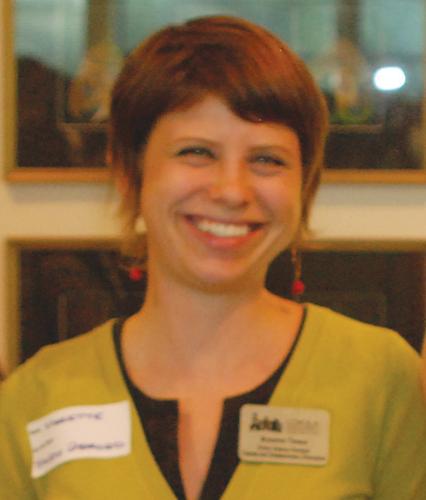In the midst of anti-government protests that have swept across Egypt, destabilizing the national government and prompting the United States to issue a travel warning urging Americans to avoid visiting the nation, universities across the U.S. rushed to evacuate students, cutting short their study abroad programs. No study abroad students from Loyola were in Egypt.
Despite the very real danger present in Egypt, several of the American students that were evacuated said that the decision to leave the country was a very difficult one. While some returned home to the United States, others were able to switch programs and study abroad in other areas of the Middle East instead.
I commend all those who helped ensure the smooth and safe evacuation of study abroad participants from Egypt, and I encourage Loyola students not to let the events occurring in Egypt affect their decision to study abroad, particularly in non-traditional regions such as those outside of “stable” Western Europe.
The evacuation of students from a nation in political turmoil highlights a real danger present for study abroad participants, but students should not allow the fear of the unknown deter them from studying abroad. Might I remind you that New Orleans is not widely considered a safe city, but it would be a pity if this dissuaded students from coming to Loyola to study.
Study abroad is a once-in-a-lifetime opportunity for exposure to new academic and personal learning experiences. Nearly all students returning home after having spent time studying abroad describe the experience in the same way: they refer to their study abroad experience as “life-changing.”
As the personal lives and activities of people around the world become increasingly intertwined, it is important that we understand the inter-relatedness and interdependence of nations and their populations.
Study abroad invites us to search out and try to understand forces and factors at work in our world that transcend the boundaries of specific societies. International exchanges help us to identify fundamental problems in the world, and they are means for participants to understand each other’s cultures and problems while at the same time addressing some of our many global issues.
College students from across the U.S. are increasingly choosing to spend their summer, semester or year abroad in the Middle East, in countries like Jordan and the United Arab Emirates, wanting to experience the Arab world beyond America’s borders and viewpoints. In fact, the Middle East represents the fastest growing region for study abroad in the world.
Most students do not encounter the type of political unrest and instability we recently watched unfold in Egypt. Rather, they return to the U.S. after their programs reporting that they had transformative experiences and now see the region completely differently.
I encourage each and every one of you to study abroad, and to consider non-traditional destinations as a possible host country. Loyola students have traveled all over the world to live and learn – from England to China and from Ghana to Iceland. Each and every one of those students has had a unique experience, and none have had to be removed from their host country.
So as students at Loyola consider studying abroad, they should consider the unrest in Egypt for what it is: the transpiring of human events and history. Such events are unpredictable, but their slim possibility ought not deter students from educating themselves about the world.
Mariette Thomas is the study abroad advisor. She can be reached at [email protected]
On the Record is a weekly column
open to any member of Loyola’s
faculty and staff. Those interested
in contributing can contact







